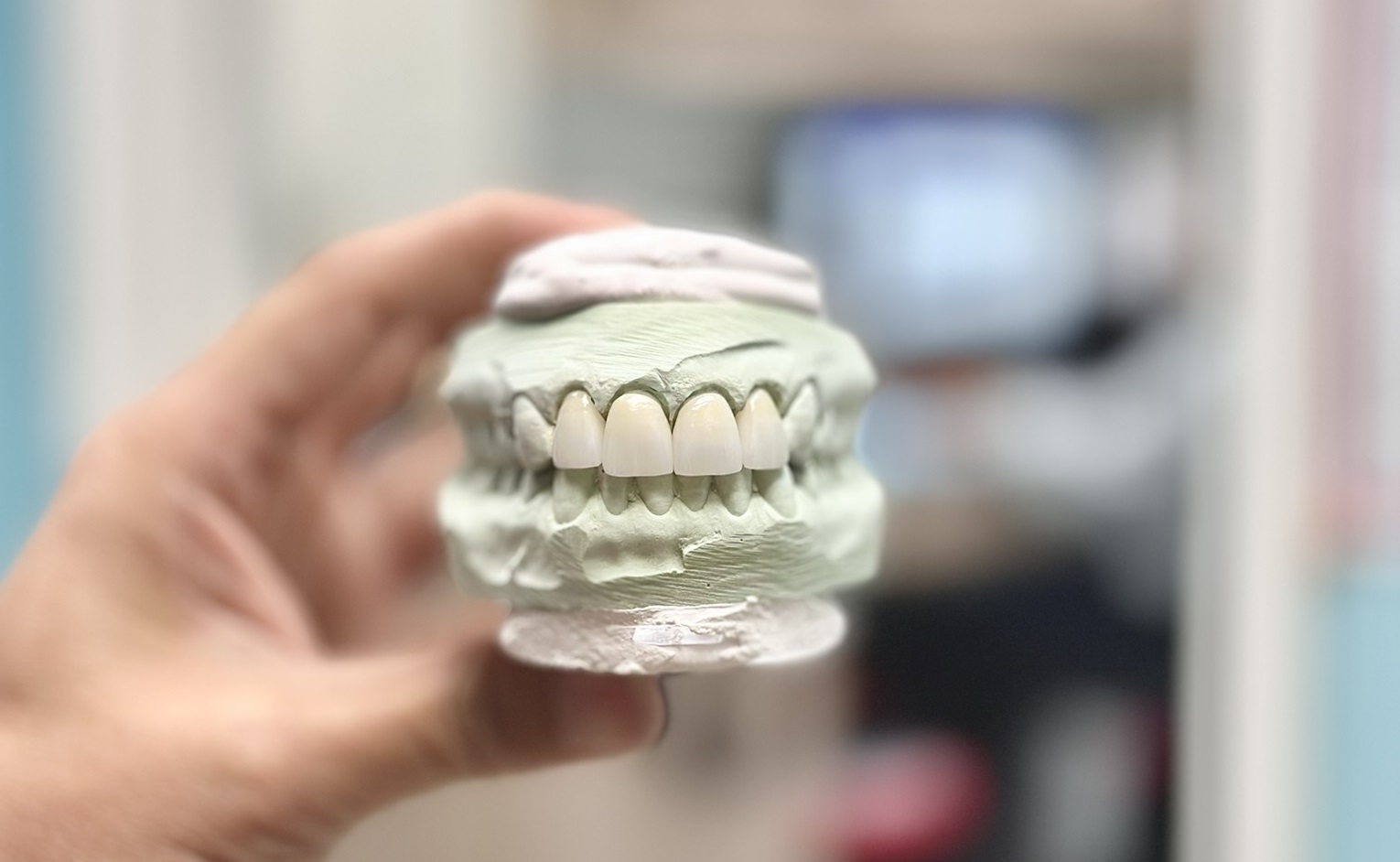Why Nutrition Matters for Your Teeth
Your mouth is the gateway to your body—and what you eat directly affects the health of your teeth and gums. Nutrient-rich foods support:
- Enamel strength
- Bone density (including jawbone health)
- Gum tissue healing and inflammation control
- Saliva production to naturally cleanse the mouth
In contrast, a diet high in sugars, acids, or processed foods can fuel bacteria growth, increase plaque buildup, and weaken your natural defenses—leading to cavities, gum disease, and even tooth loss.
Best Foods for a Healthy Smile
Here are the top foods dentists love seeing in their patients' diets:
1. Crunchy Fruits & Veggies
Apples, celery, and carrots aren’t just good for your body—they also help clean teeth surfaces and stimulate healthy saliva production.
2. Leafy Greens
Spinach, kale, and chard are rich in calcium, folic acid, and fiber, which support both teeth and gum health.
3. Dairy Products
Milk, cheese, and yogurt are packed with calcium and phosphates that help remineralize enamel. Cheese also helps neutralize mouth acid.
4. Fatty Fish & Eggs
Rich in Vitamin D, which helps your body absorb calcium—essential for maintaining strong teeth and bones.
5. Nuts & Seeds
Almonds and chia seeds offer calcium, magnesium, and protein for dental structure, plus chewing them stimulates saliva flow.
6. Water
Plain water is your mouth’s best friend. It rinses away food particles, keeps tissues hydrated, and helps regulate pH levels.
Foods to Limit or Avoid
No one’s perfect—but being aware of what to limit can make a big difference in your dental health:
- Sugary drinks (soda, sports drinks, sweetened teas) – fuel bacteria and acid attacks on enamel.
- Sticky snacks (gummy candies, dried fruit) – cling to teeth and feed decay-causing bacteria.
- Highly acidic foods (citrus, vinegar-based dressings) – can erode enamel over time.
- Frequent snacking – especially on processed carbs – can maintain an acidic environment in the mouth.








